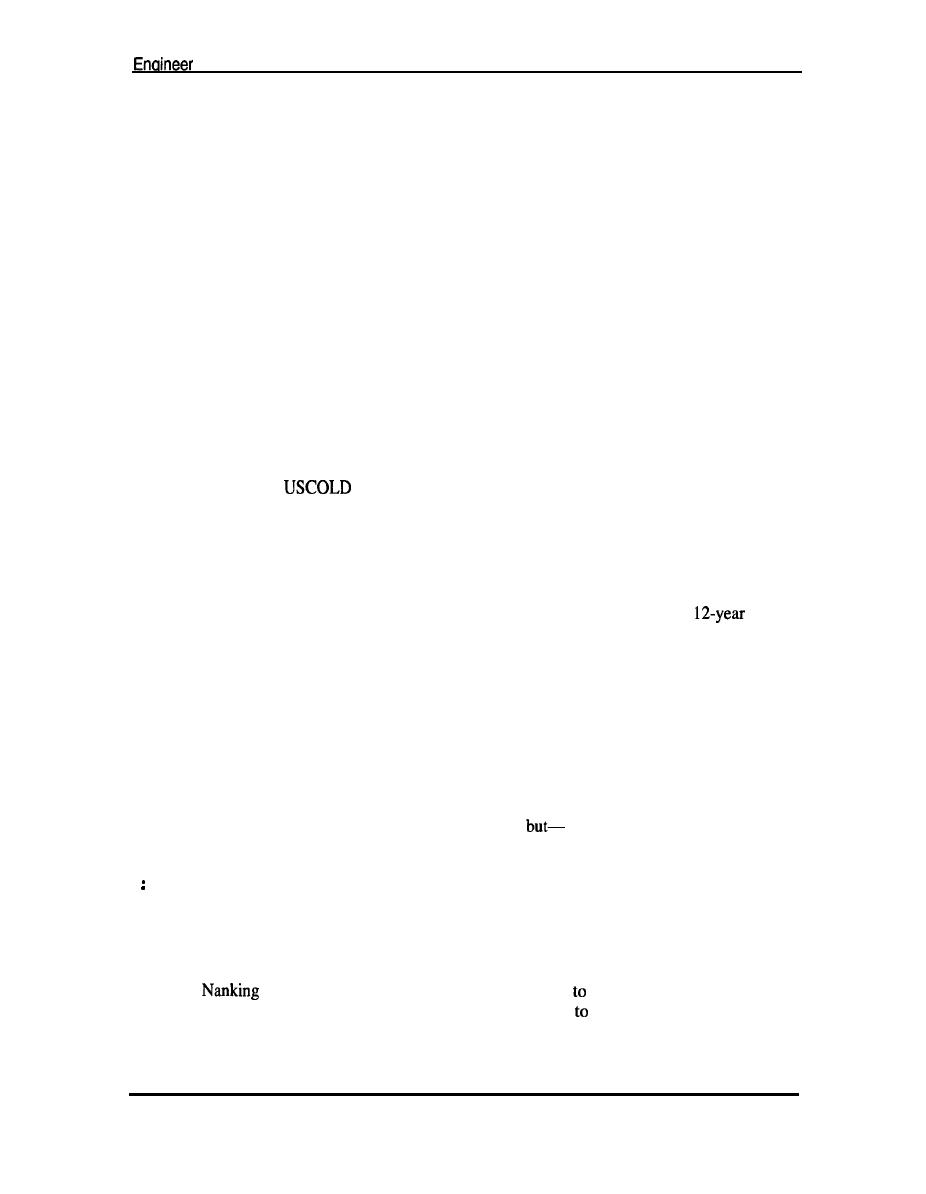
Memoirs
My work at Ashland continued also. So that whole period from about 1982 or when Volker
Stevin began to go down, until, oh, 1989, we were just very busy doing a lot of different
things. The significant ones I mentioned. We no sooner finished the super collider when Ray
Leonard, who ran the Water Resources Congress, was asked by the Trade Development
Program if WRC, as a nonprofit organization, could do a study of the water transportation
system in Bang1adesh.
I happened to be the chairman of WRC at that time. Ray was the only active person in WRC.
So he asked me, and I said, "Yes, we can do it. I'll manage it." So we did that. We put together
a team. We did a
||content||
million study for the Trade Development Program of the State
Department, and it was quite successful, I thought. WRC established itself as a competent
organization to do engineering studies. EMS1 was now recognized; WRC was recognized.
We found a great team for the Bangladesh job. General Jimmy Johnson, who had been deputy
chief, was in charge of the field work. Jim organized the group that worked in Bangladesh.
The results were impressive, and the WRC made a good impression on the World Bank.
About that time, I began working as an engineering adviser to Seltzer and Rosen, which was
a law firm. Our thrust was to avoid claims. I've been working for them now for over four
years.
So my retired career has been rather varied. I've left out a few things. I stayed active in
[U.S. Committee on Large Dams], and I became very involved with
PIANC and in
the Corps of Engineers Historical Foundation, which is now combined with the Regimental
Association into the AEA. The AEA is important to the Corps. We need to have a grassroots
organization of alumni and active-duty people in the Corps for a lot of reasons.
Then I've stayed very active in the Military Academy at West Point. I will always feel that I
owe the Academy. My class gave a
||content||
million gift to the Academy, a new main entrance
facility. I was the chairman of that committee. It took from 198 1 to 1993, a
job, but
we did it. We did all the concept engineering ourselves. We hired Bums and Roe to do the
detail work, but all of the planning, the concept, the contract management, and the supervision
of the work we did ourselves. I think the overhead was about 1.2 percent, but we put days and
months and years of our lives in that thing.
Last, there is the National Academy of Engineering. I have served on the Building Research
Board and have been involved in several studies over the last five-plus years. Presently I am
on the Water Science and Technology Board [WSTB], which uses my experience nicely.
All in all, I've had a lot to do, and I guess it breaks out pretty much even into pro bono and
paid. I really have been very pleased with the opportunities I've had since I retired. I haven't
done as many significant things as others perhaps,
Q ..
I wanted to ask you about the teaching in China.
A
While teaching at the University of Maryland, I began to realize that the Chinese were going
to do their own engineering and that they wouldn't mechanize as we had. The one area I
thought we could help was in management of projects, organizing and conducting project
management.
So I was able, through the University of Maryland, to get the East China Technical University
to set up an exchange. They invited us over
in
teach a course in construction
managemen t. Because of my Army background, I went
see General Richard Stillwell
[retired] in the Department of Defense. He was involved in the international matters for the
Secretary of Defense and became quite attracted to the idea. So I carried a Corps of Engineers
208



 Previous Page
Previous Page
